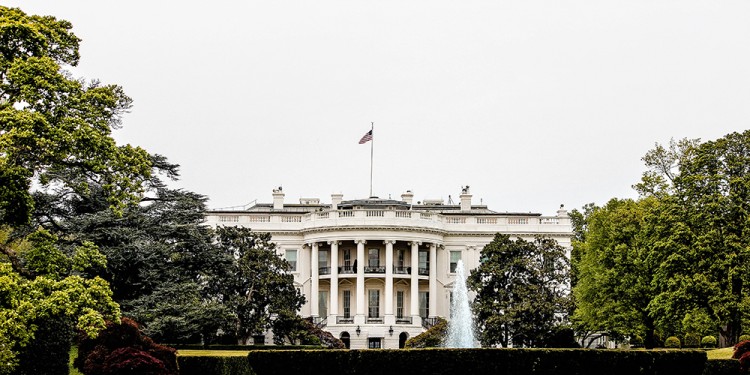
After the election in the USA: "There will be no easy way back"
People enter into relationships for a variety of reasons – for example, to feel safe, appreciated or loved. With states, it is different. States represent their interests abroad. They enter into relationships with other states if the latter are of benefit to the home-grown desire for security and prosperity. Seen against this background, Donald J. Trump’s slogan “America First” is nothing special, corresponding as it does to customary expectations of behaviour in international politics.
The reason that relations between countries in Europe and the USA developed so intensively and successfully after the end of the Second World War was because they were of enormous benefit to both sides. At the centre of these relations were aims which united them: the creation in NATO of a sustainable security alliance to stand up to the Soviet Union, and the establishment of a liberal order for world trade with the General Agreement on Tariffs and Trade (GATT) and, later, the World Trade Organization (WHO). The USA was the driving force behind the setting-up of a multilateral world order and was the guarantor of its existence for decades. Embedded in common values regarding democracy and the rule of law, over the past 70 years the USA and European countries have evolved into each other’s most important international allies.
After Donald J. Trump’s election as President of the USA in November 2016, there were practically no international political observers who expected the liberal, multilateral world order which had evolved over decades to falter so quickly and so seriously. Multilateralism was the core principle of international relations after the end of the Cold War. President Trump attacked this principle on a wide front. Examples of this policy are the trade dispute with the EU, the questioning of NATO, the cancellation of the deal with Iran, the withdrawal from the World Health Organization and the blockade of the WTO’s Dispute Settlement Body. There have repeatedly been cases of diverging interests, disputes and conflicts in international relations between the USA and European countries. But with this wide-ranging dismantling of important international organizations, Trump undermined the fundamental principles of international relations on which, for a long time, there was a broad consensus between the USA and European countries.
But while Trump’s presidency broke with the commonly shared principles of foreign policy, most European countries uphold the model of a multilateral world order. In support of this, German Chancellor Angela Merkel delivered a strong warning at the 2019 Munich Security Conference not to inflict any lasting damage on the international order. She ended her speech by saying that “multilateralism” was better than “everyone for himself” – thus making a clear distinction to Trump’s foreign policy.
A multilateral world order aims to tie relations between states to common structures of international law. However, this aim can only be reached if states (including powerful ones) are prepared to transfer elements of sovereignty to international organizations and to accept their rules. Advocates of a multilateral world order argue that when states themselves tie their sovereignty to legal structures, they create a dependable framework for political action which benefits all states in the long term.
The problem with this is that not all states benefit at the same time and to the same extent from the given structures of an international order – and there can repeatedly be phases in which forms of international order come into conflict with national interests. If this happens, it creates space for populists to present international organizations as hostile players. But populists often act in this way in order to detract from their own failures.
It is regrettable when populists in countries with comparatively little power stand against the multilateral world order. However, it becomes dangerous when the President of what is militarily and economically the most powerful country in the world signals the end of the multilateral framework. Against this background, the great majority of European countries will breathe a sigh of relief at Joe Biden’s victory and feel they have woken up after a four-year nightmare. Joe Biden has often stressed that he knows the value of stable, friendly relations with European countries. The great geopolitical challenge for the United States in the coming decades will be to influence and contain China’s rise as a new global rival. Support from a stable European Union which maintains relations with the USA that are based on partnership could be a strategy which the USA will pursue in this scenario.

Prof. Thomas Dietz holds the Chair of International Relations at the Institute of Political Science at the University of Münster
This article first appeared in the University newspaper wissen|leben, No. 7, 11 November 2020.
